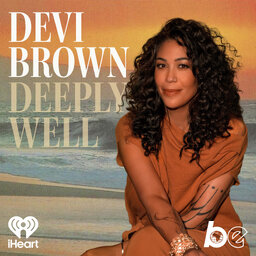A Path of Service with Ajay Relan
Ajay Relan is an investor, entrepreneur, and community builder. With a keen focus on brand building and storytelling, Ajay's passion lies in identifying trends and engineering culturally aligned brands. A lifelong Angeleno, Ajay has established a business portfolio grounded in community. Relan is the head of Slauson & Co - a venture capital firm focused on investing in SMB Tech, tools that support the next generation, and culturally relevant consumer products. His is also a Co-Creator of Hilltop Coffee + Kitchen which has become a staple, facilitating productivity and collaboration in diverse neighborhoods across Los Angeles. In 2012, Ajay founded #HashtagLunchbag, a grassroots movement that has fed 1,000,000+ hungry and unhoused people in 150+ cities around the globe.
Relan joins us today to share his work, his philosophy, and his manifestations toward creating change through working with like minds to establish creative philanthropic collaborations.
Connect: @DeviBrown @AjayFresh
Learn More:
Subscribe: Devi Brown's YouTube Channel
 Deeply Well with Devi Brown
Deeply Well with Devi Brown


